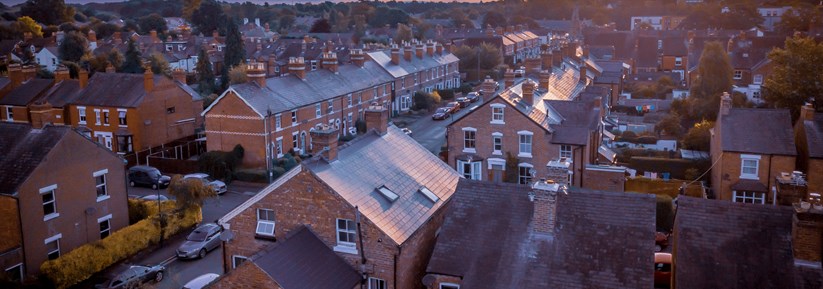RICS Guide: Reducing Carbon in Your Home - Wales

This guide is currently being reviewed and updated and is due to publish in Q4 2024
Many of our daily activities produce dangerous greenhouse gases that cause global warming. You can find Wales-specific advice here.
Carbon dioxide (or CO2, often shortened to ‘carbon’) is the primary greenhouse gas emitted through human activities, accounting for around 81% of the UK’s greenhouse gas emissions. Our homes account for nearly a third of that carbon, through energy used for activities like heating, lighting, washing and cooking.
The UK has now committed to a target of ‘net-zero’ carbon emissions by 2050 to help prevent potentially irreversible and severe climate change impacts. This means we should all try to reduce the carbon we produce and making energy efficiency improvements to our homes will make a substantial difference in combating climate change. The process of making these energy efficiency changes is often called ‘retrofitting’.
Energy efficiency is also likely to be an increasingly important consideration as more of us spend a greater amount of time working from our homes. The following guide has been written by RICS and offers guidance to homeowners considering retrofitting to make their home low carbon, and signposts other key sources of advice and financial assistance for making these changes. It is also useful or those looking to make their property greener before putting it on the market, or for those renting property looking to benefit from energy efficiency.